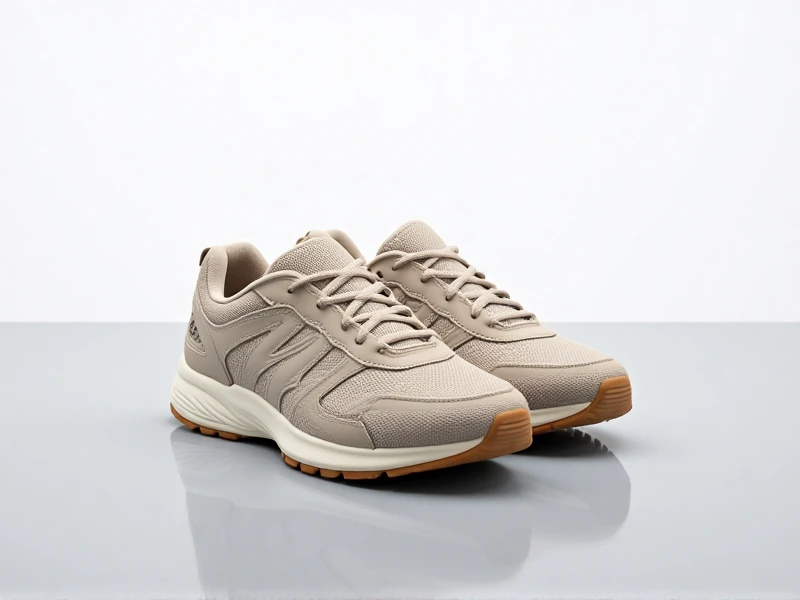
Find Your Perfect Pair: The Ultimate Guide to Choosing Running Shoes
Hitting the pavement? There's nothing quite like the freedom of a run. But whether you're training for a marathon or enjoying a scenic jog, your experience hinges on one crucial factor: the right running shoes. With countless options claiming to be the best, finding your ideal running shoes can feel overwhelming. This guide cuts through the noise to help you make an informed decision.
First, pinpoint your running terrain. Road running shoes are designed for pavement and offer reliable cushioning for repetitive impact. They're typically lighter and focus on smooth heel-to-toe transitions. Trails are uneven beasts, demanding trail running shoes. These feature aggressive outsoles for supreme grip, enhanced toe protection from rocks, and often sturdier upper materials to withstand the elements. If your miles are mixed, hybrid road-trail running shoes offer versatile grip and durability.
Once you know where you'll run, consider your unique needs:
- Cushioning: Ranges from minimal (offering ground feel) to maximal (plush comfort protecting joints). Running shoes with responsive foam cushioning provide comfort and energy return mile after mile.
- Support: Understand your gait. Neutral shoes work for most runners with efficient strides. If your feet roll inward excessively (overpronation), stability running shoes with structured support elements reduce strain. Motion control options offer maximum support for severe overpronation.
- Fit: Never compromise here! There should be a thumb's width of space at the big toe to prevent black toenails. Ensure adequate width across the forefoot. Try running shoes later in the day when feet are slightly swollen and wear your typical running socks.
Technology Matters: Modern running shoes incorporate advanced materials. Lightweight foams boost responsiveness and cushioning without bulk. Strategic rubber placements enhance durability in high-wear zones, keeping your reliable running shoes performing longer. Breathable mesh uppers keep feet cool and comfortable, preventing blisters on hot days.
Remember, running shoes are not immortal. Experts recommend replacing them every 300-500 miles (or 6-12 months). Listen to your body and the shoes themselves – worn-down treads, lost cushioning, or new aches signal it's time for fresh kicks.
Investing time in finding your perfect running shoes pays dividends in comfort, injury prevention, and pure running joy. Step into the best pair for your needs and conquer every mile with confidence! Visit our Shoe Finder page and browse our curated selection of top-performance running shoes for all types of runners.